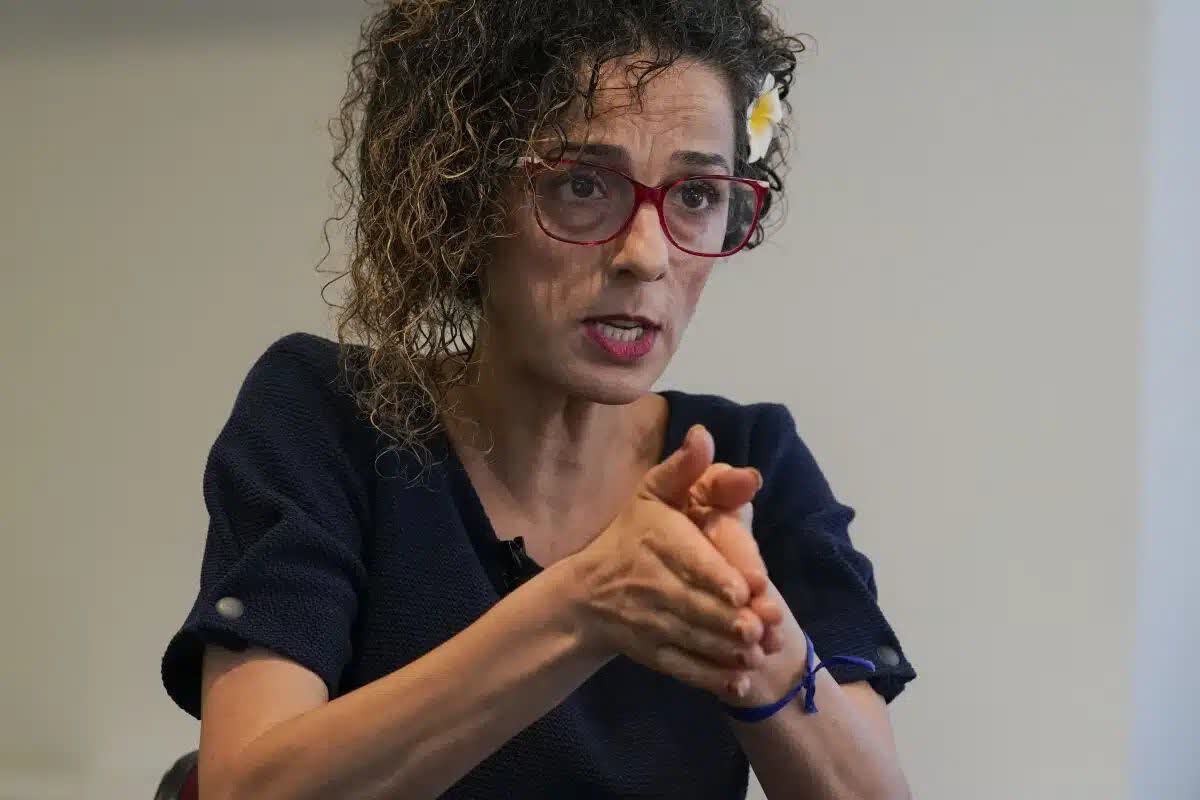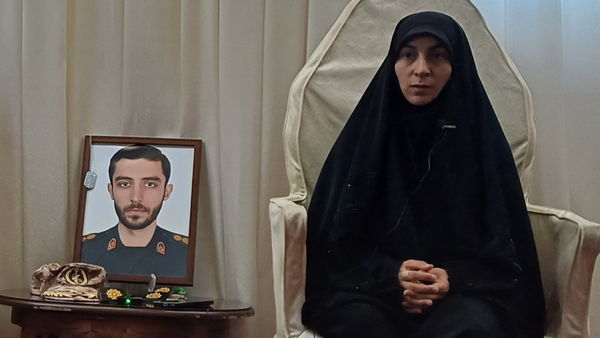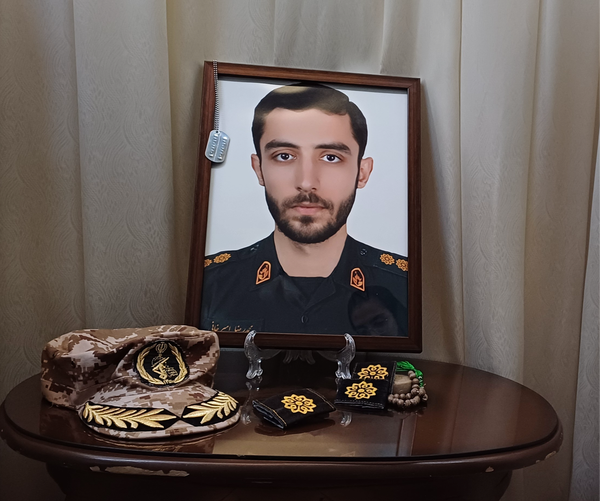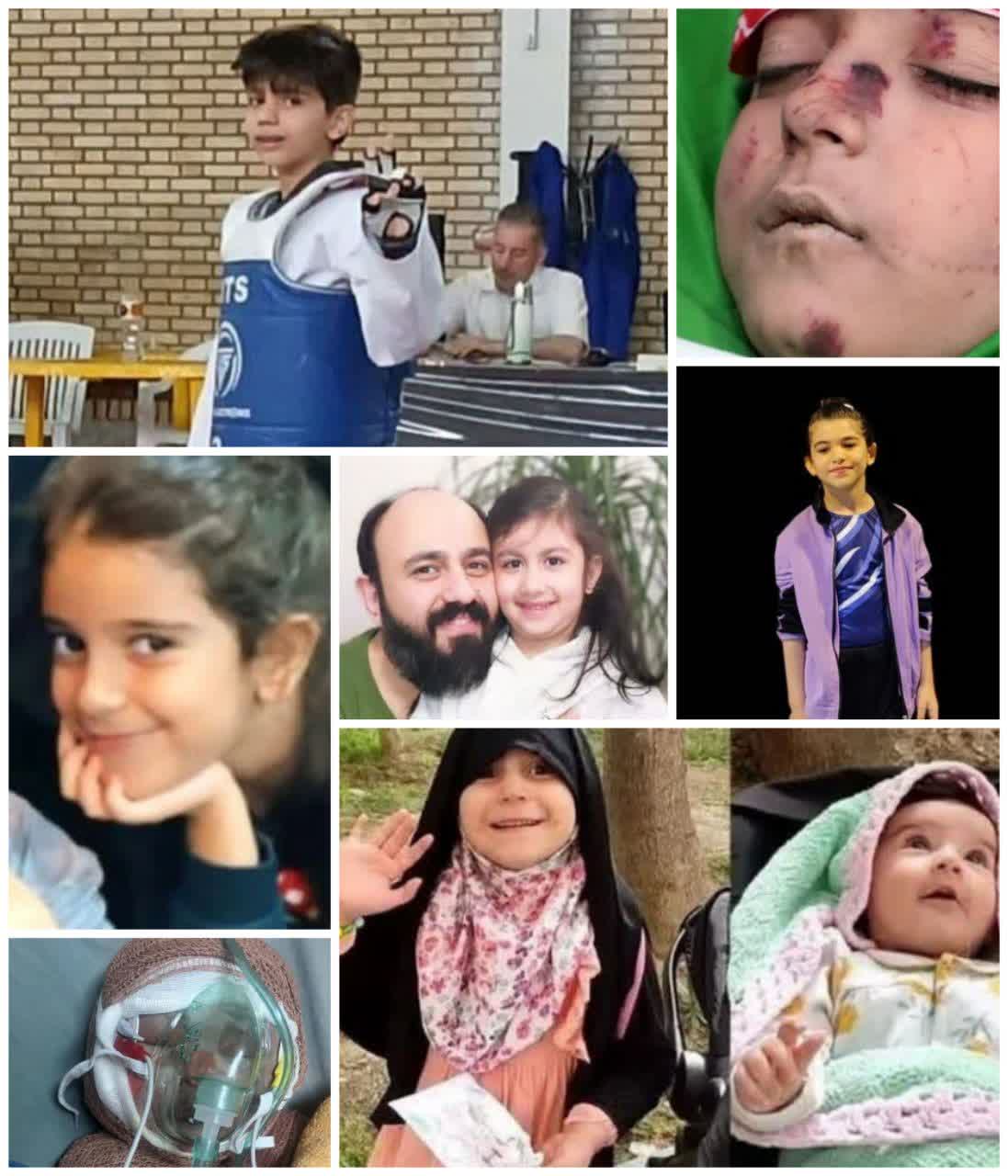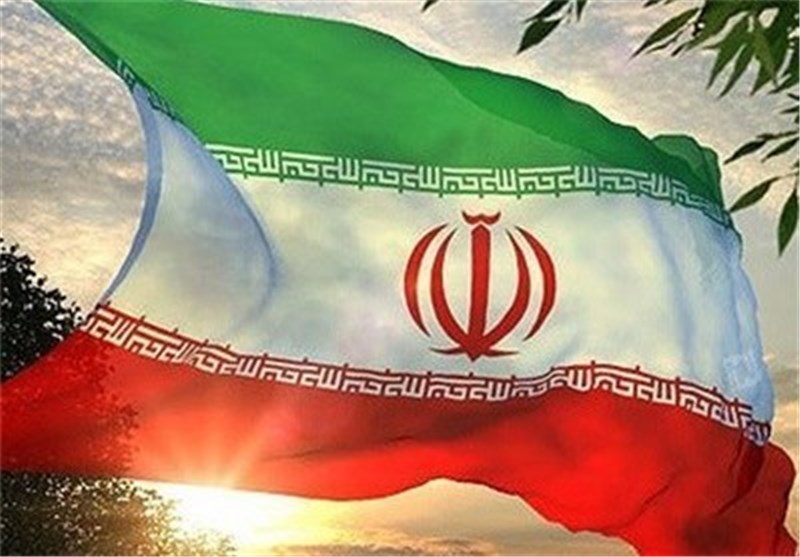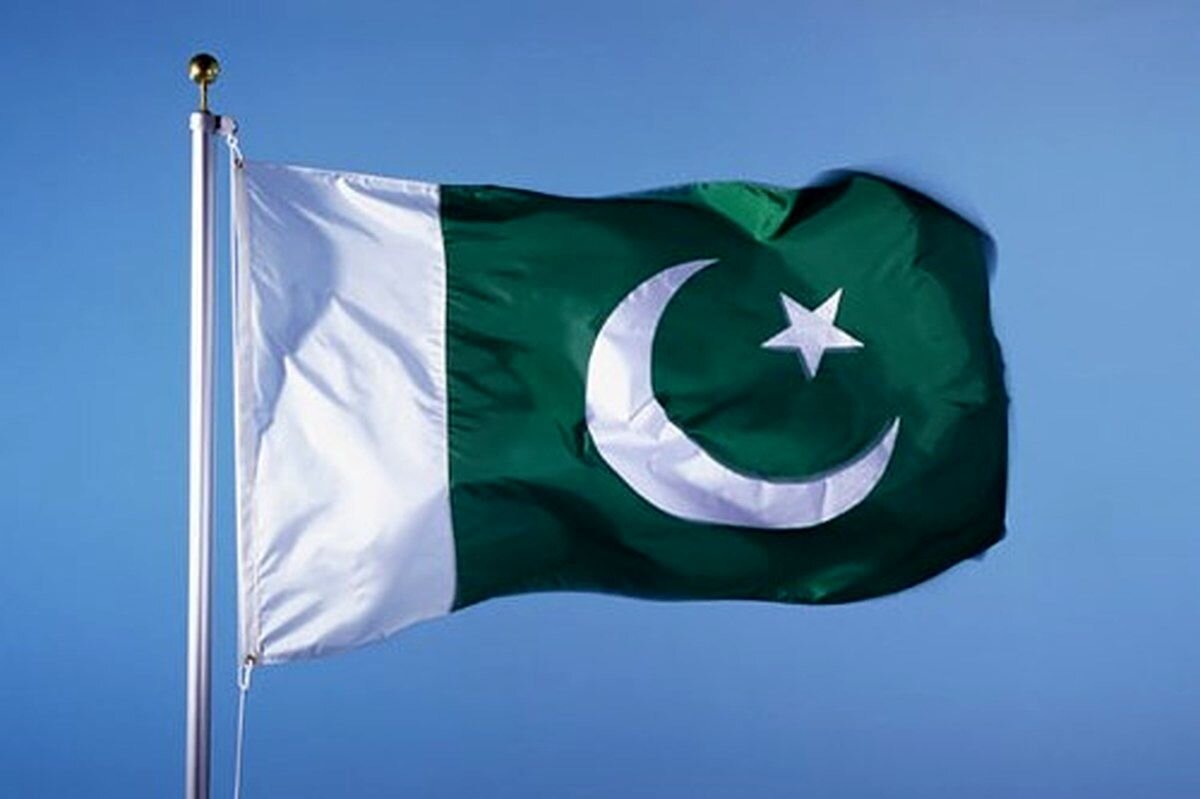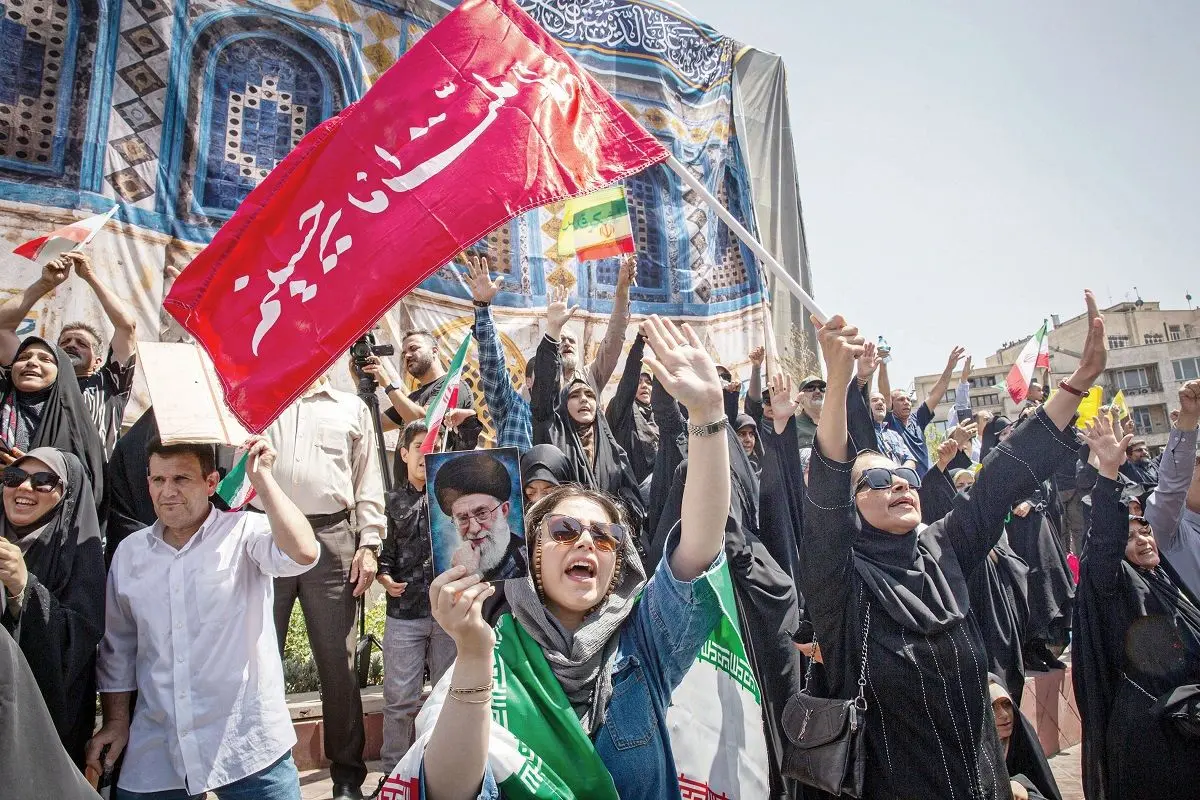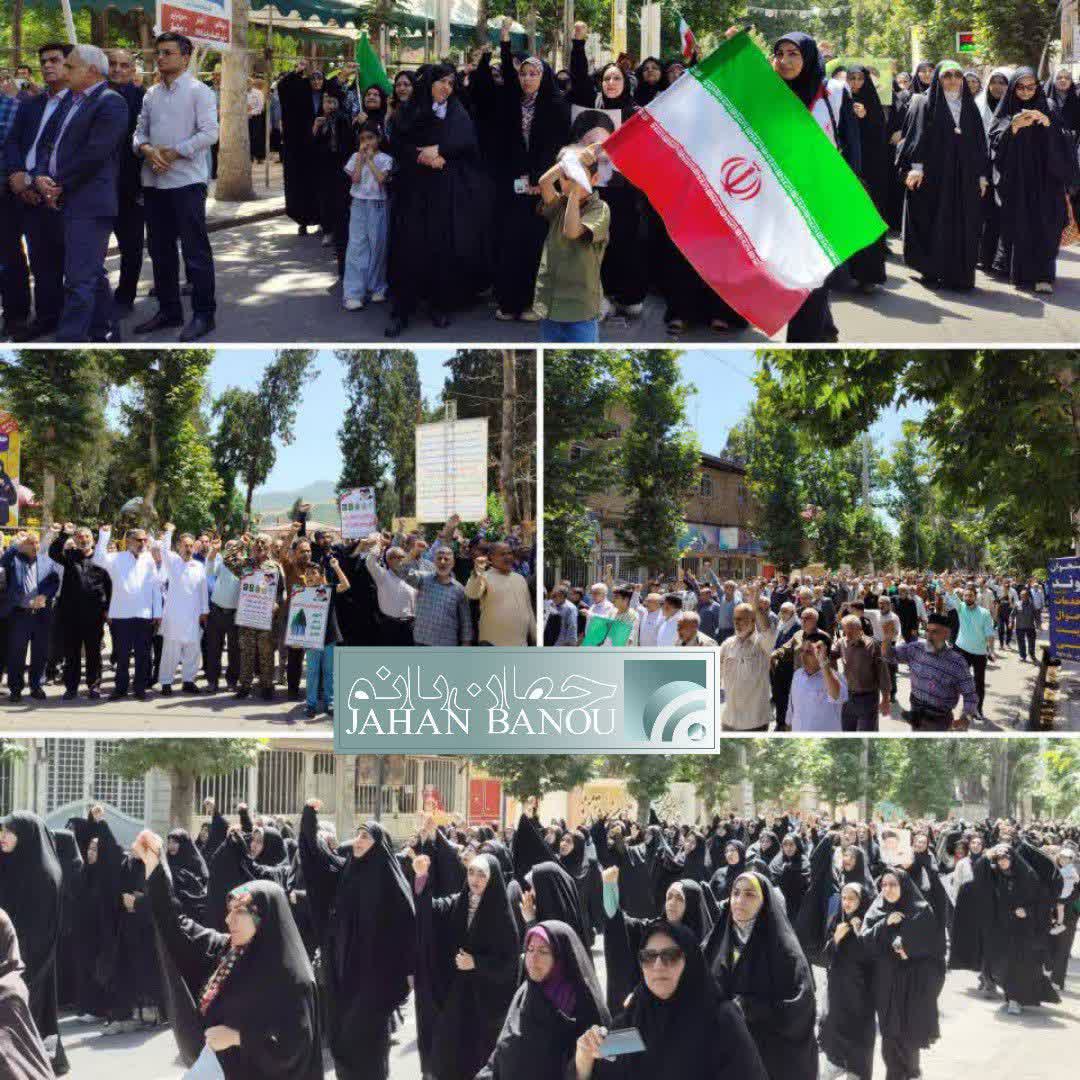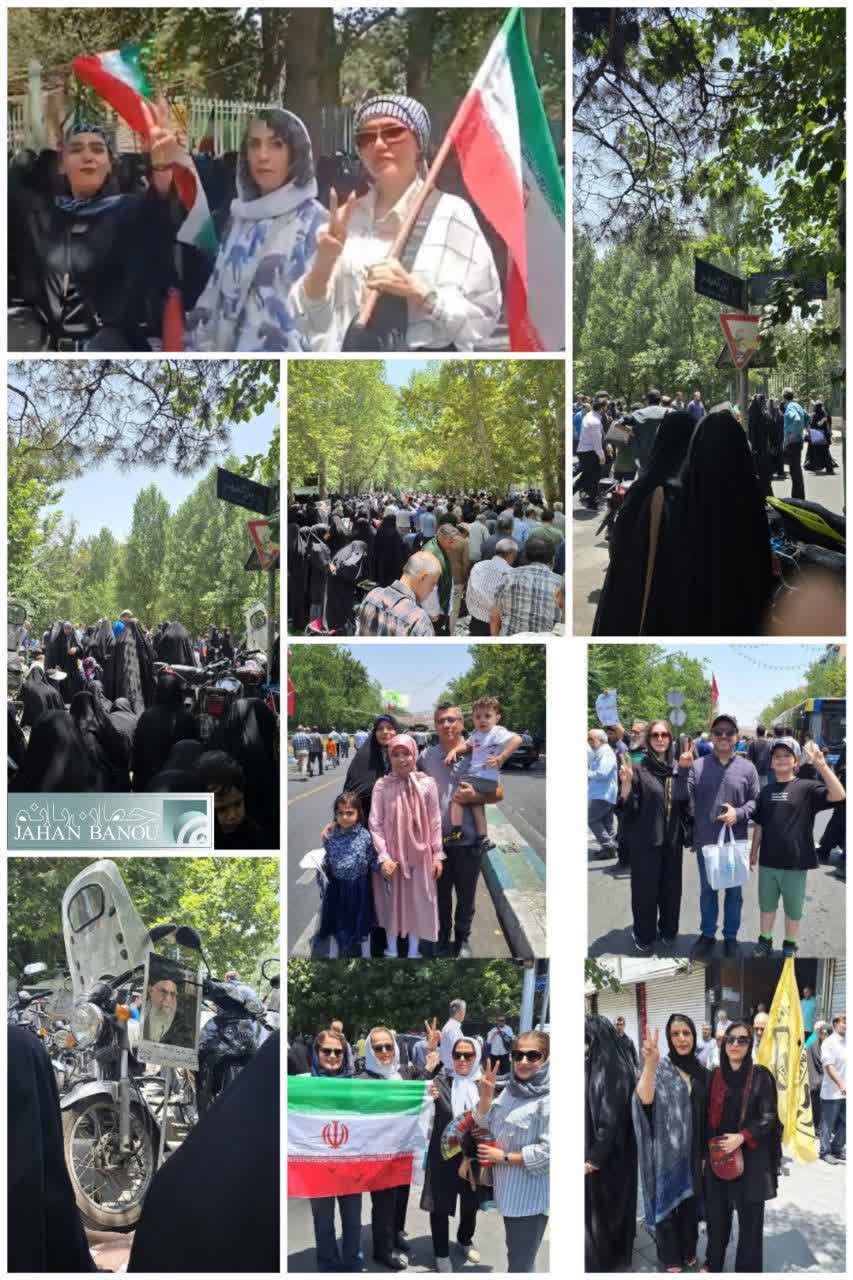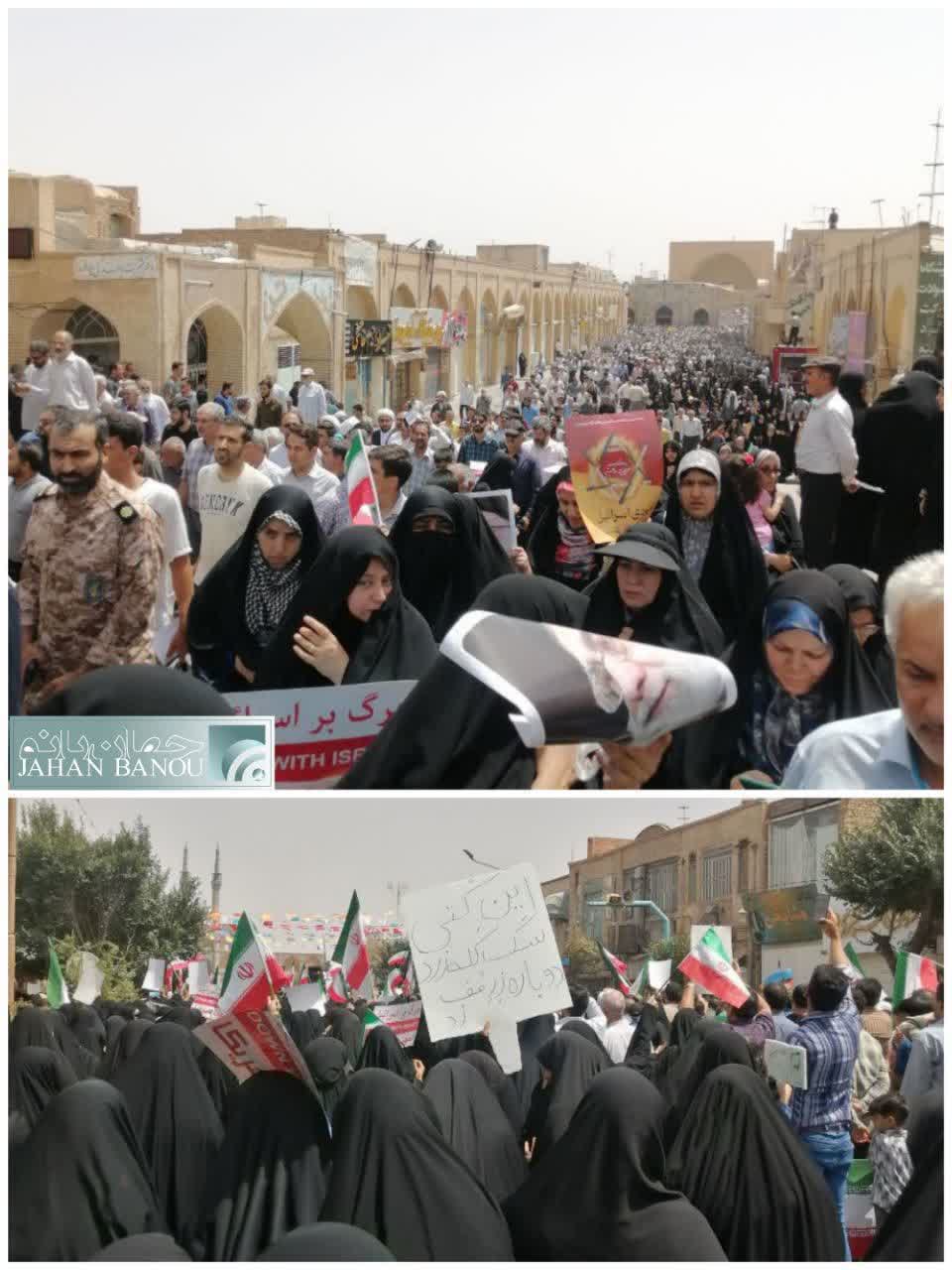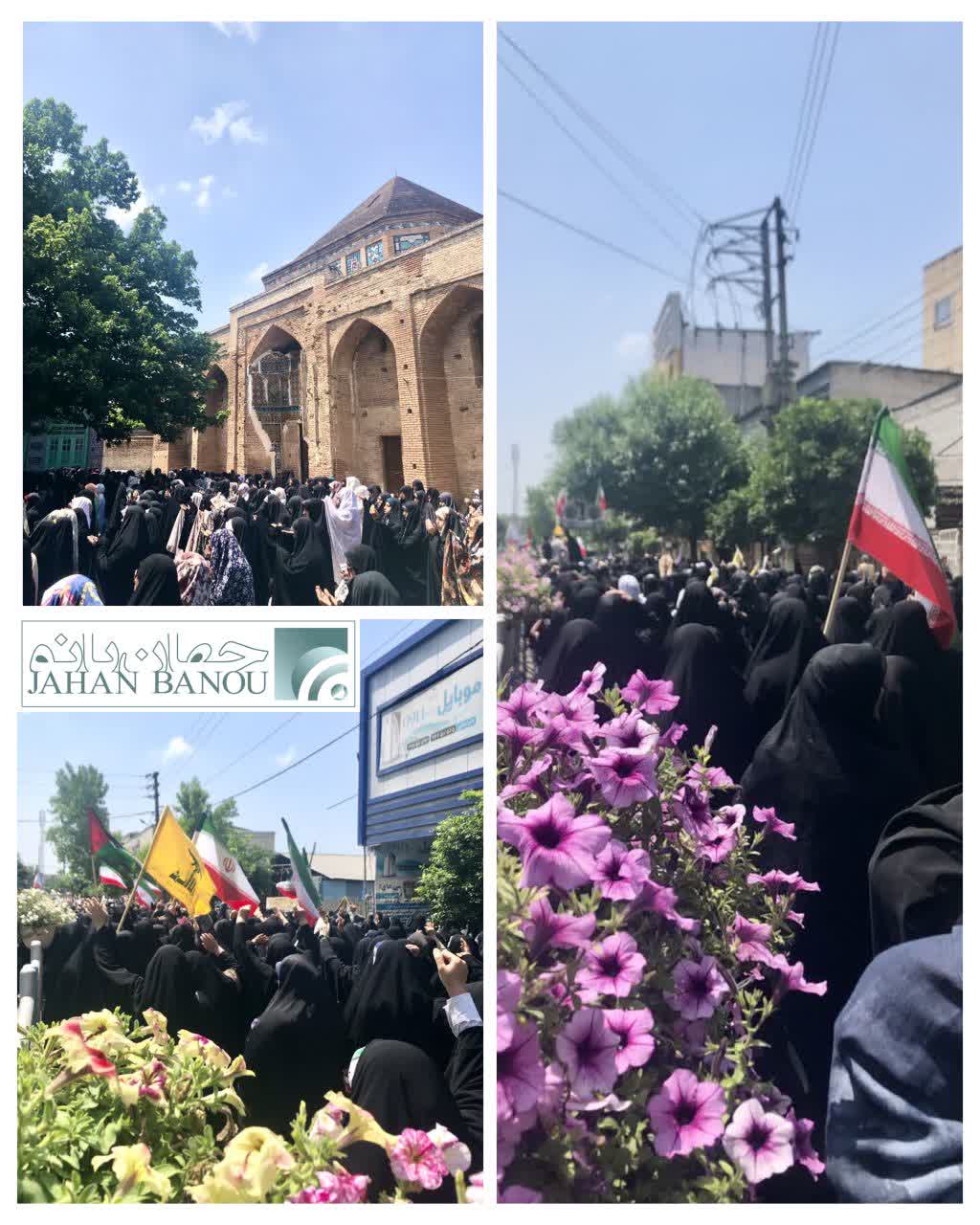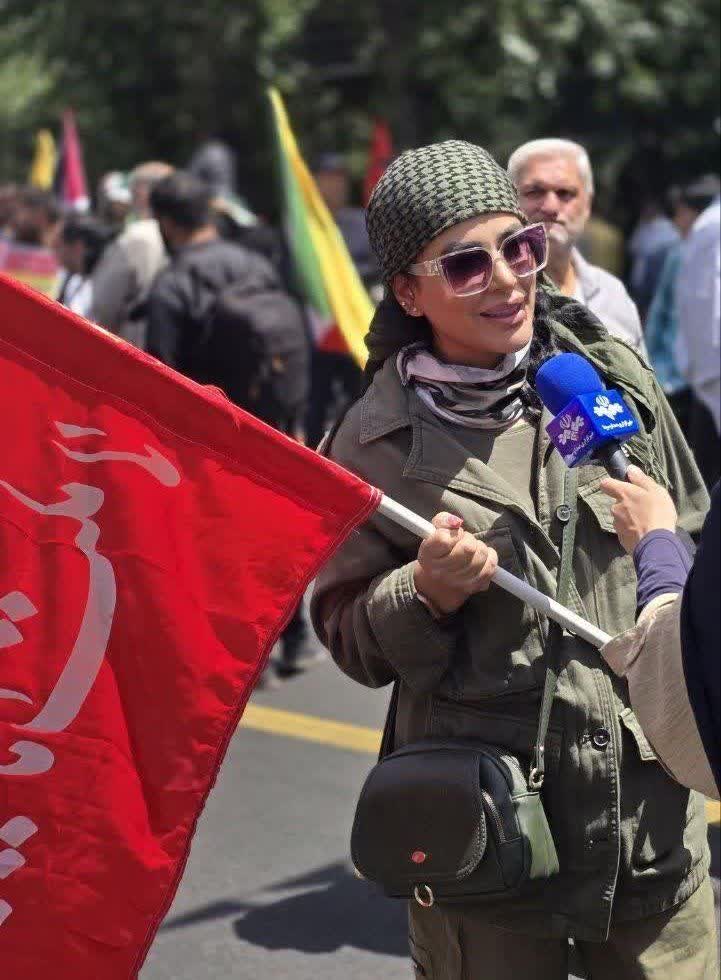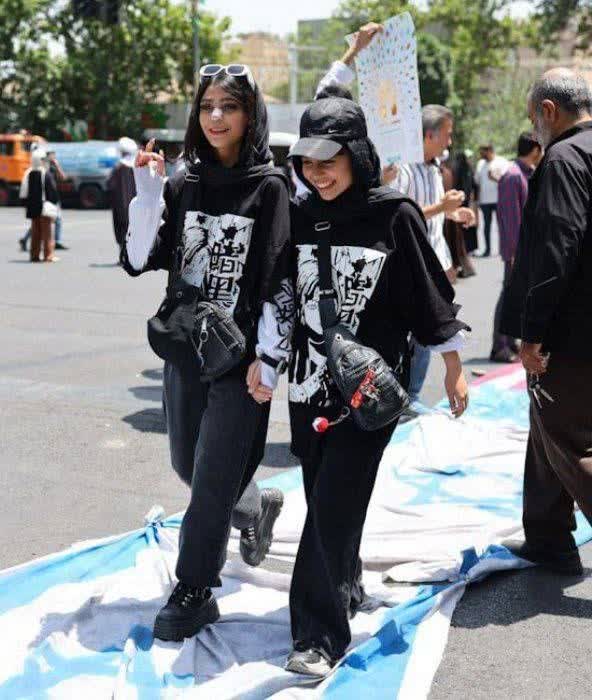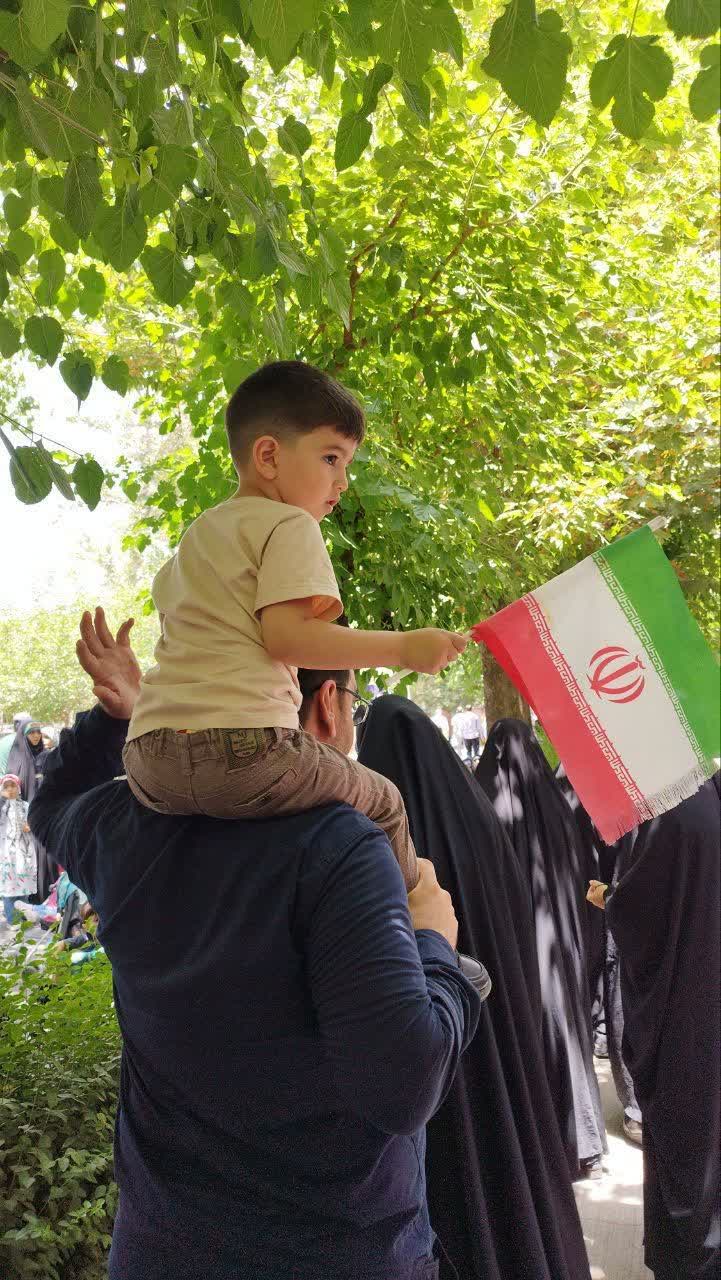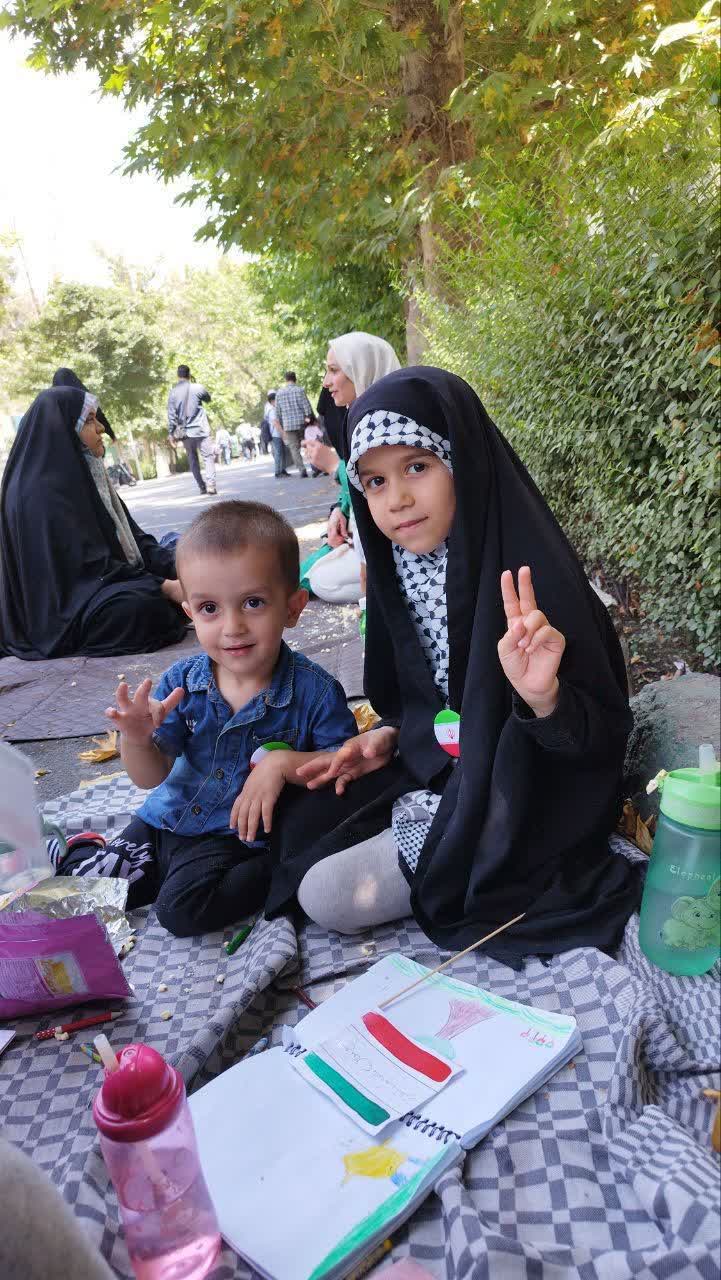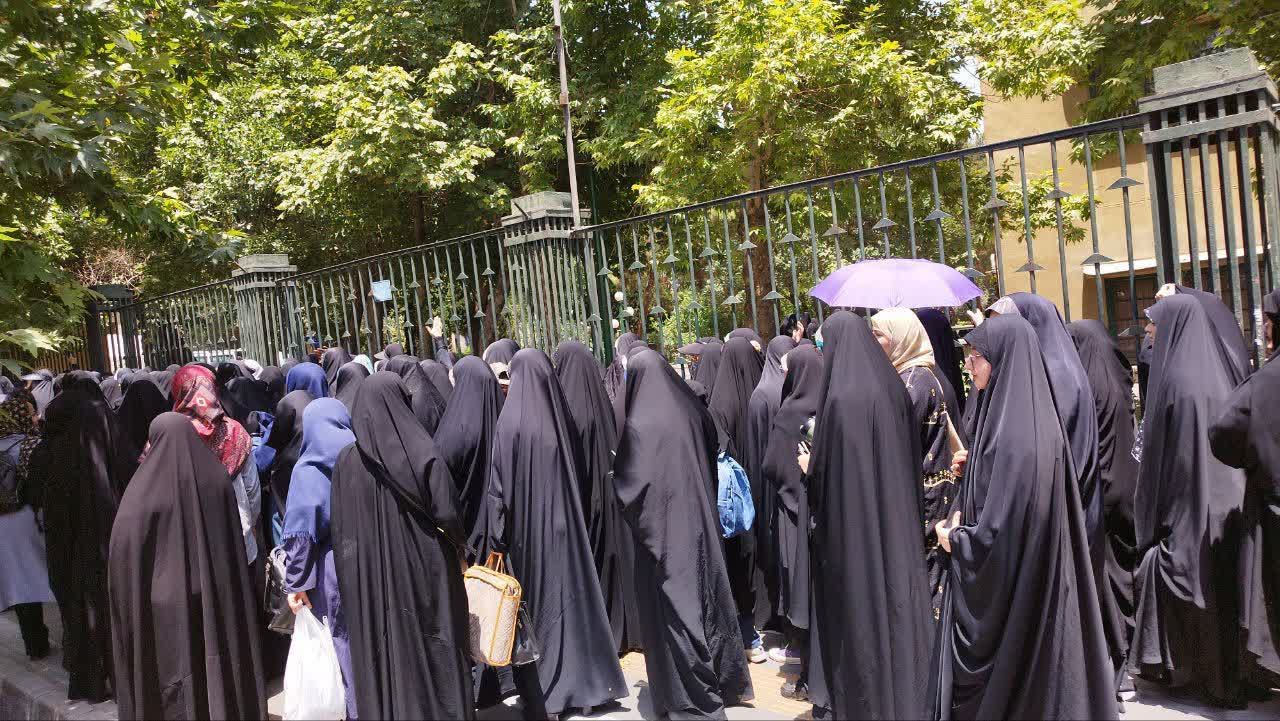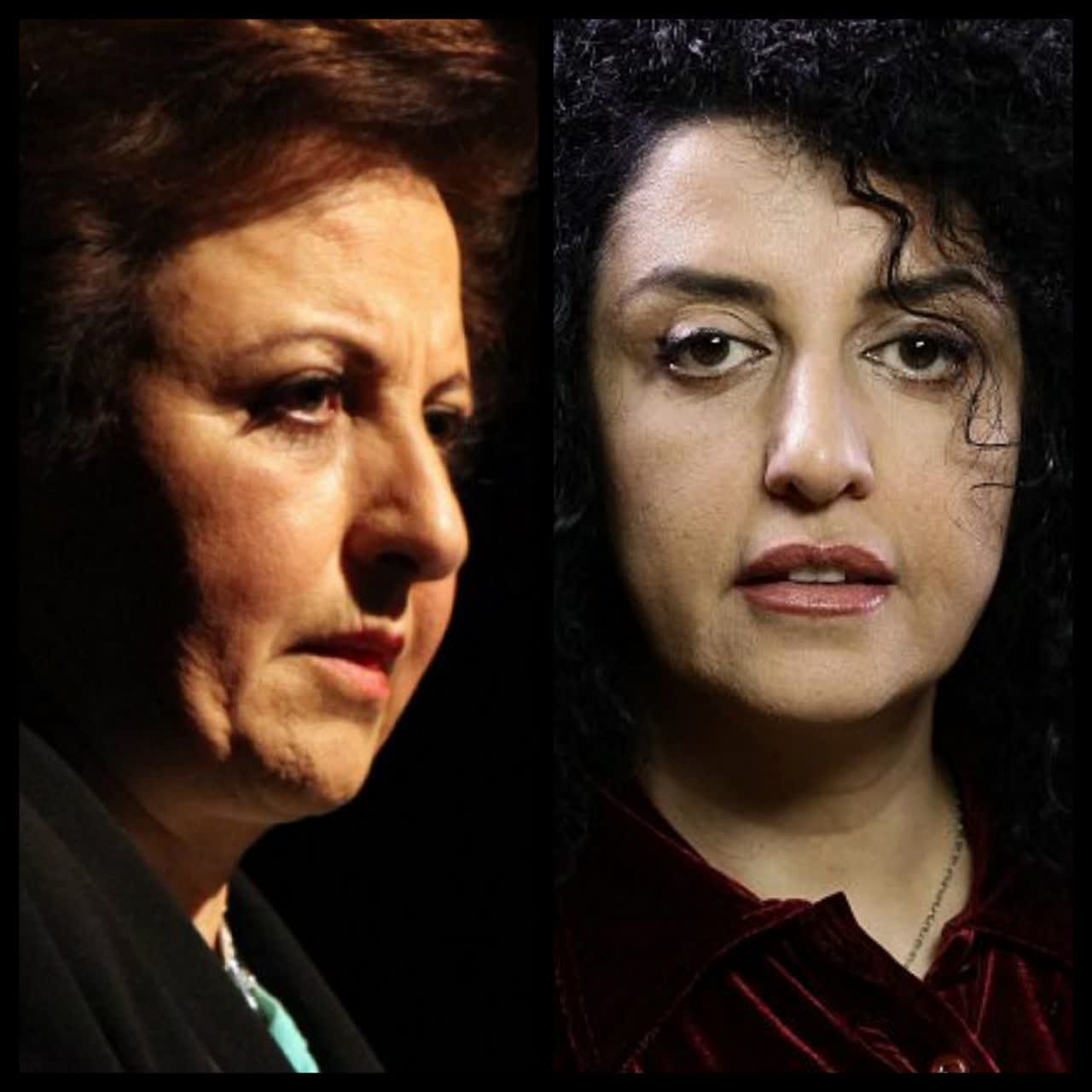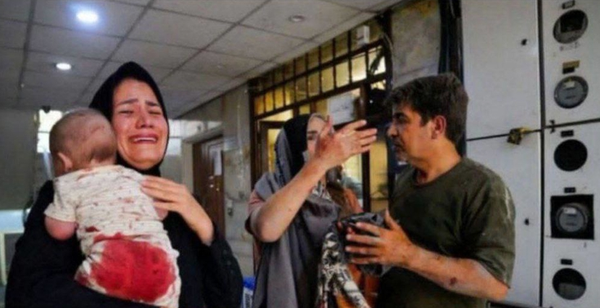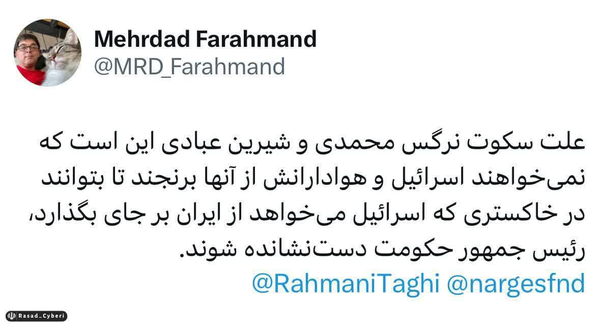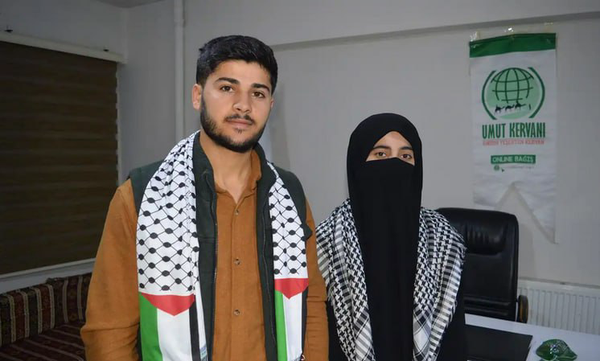Masi Alinejad, once a fierce symbol of defiance for Iranian women, now sorrowfully admits that the war has obliterated her mission—her pursuit of personal gain and power faltered before the unstoppable will of the Iranian people.
A Beacon of Solidarity in Gaza
Amid the deep, heavy silence enveloping the world as Gaza suffered, global eyes turned toward Iran. With courage and compassion, Iran stepped forward—not merely offering humanitarian aid, but demonstrating profound faith, boundless bravery, and unbreakable resolve. Through this act, Iran showcased the true strength of devout believers—pure love rooted in justice and resistance to oppression—many of us strive to emulate the path of Imam Ali (ع). Under the guiding light of Imam Mahdi (عج), faith and leadership have steered this struggle toward victory and justice.

The Inevitability of Israel’s Fall
Israel, likened to a cancer at the region’s heart, will soon be eradicated by divine power and the resilient hands of Imam Mahdi (عج). This hopeful promise challenges tyranny and embraces justice. Consistent with Quranic teachings and prophetic traditions, these prophecies of triumph are coming true. It is inspiring to witness the Iranian people united against adversity—resilient like a steadfast mountain, defying those who thought division could fracture the nation.
Masih Alinejad’s Defeat
Masi Alinejad who once championed a flag of liberation for Iranian women, now confesses with regret and shame that this war has destroyed her project. Driven solely by personal ambition and power, she could not withstand the resolute spirit of the Iranian populace.
Reza Pahlavi’s Misjudgment
Reza Pahlavi still harbours ambitions to rule Iran. Yet he is gravely mistaken. Under the leadership of Ayatollah Ali Khamenei, Iran has emerged from these trials with dignity. The enlightened and alert public continues to thwart all attempts at overthrow.
A War of Faith and Unity
This conflict—destined to vindicate truth—is a testament to the power of our faith and unity. I am glad the world sees that Iran stands unwavering in defense of its values and in opposition to injustice. Inspired by Quranic teachings, Iranian society once again proves to be steadfast and resilient. We, followers of Imam Mahdi (عج) under the wise and compassionate leadership of Ayatollah Khamenei, express our gratitude. Our faith and courage light the path toward freedom and justice. With love for Imam Ali (ع) and faith in righteousness, we strive to build a more peaceful world.
From: zanannews


